Do you ever feel moody and sleepy?
It can be due to your body having deficiencies in the necessary minerals that are required for daily intake.
These micro-minerals are indispensable for your body and contribute to the health of your heart and brain by regulating their function.
But like vitamins, your body cannot synthesize them. Luckily, this can be obtained from the food you consume.
In this article, we have mentioned 10 minerals that are essential for our body’s needs for daily function and will make you feel better and full of life.
1. Calcium
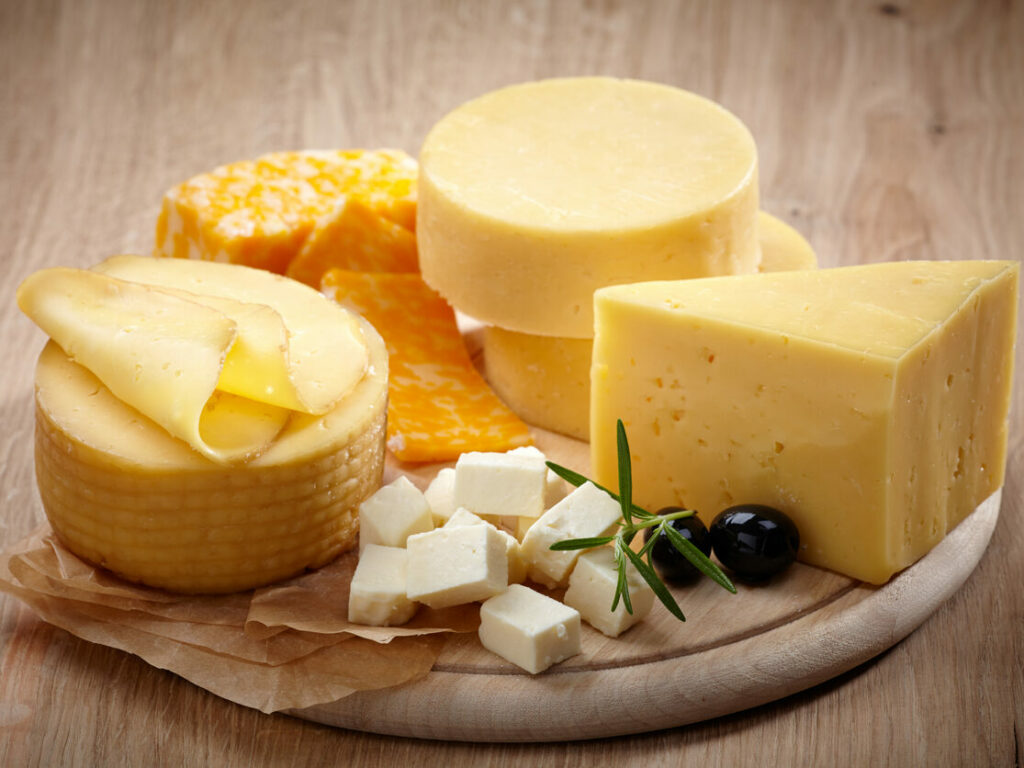
Calcium isn’t only for children growing up. It’s critical for making your bones and enamel robust, so they do not break easily while you become old. But calcium does more than just that. It additionally enables your muscular tissues to grow properly, your nerves to send messages and keep your blood strain in check. You can get calcium from food milk and cheese, but there are other ingredients too, like leafy veggies such as kale and collard greens, fortified plant-based milks, and canned sardines.
2. Iron
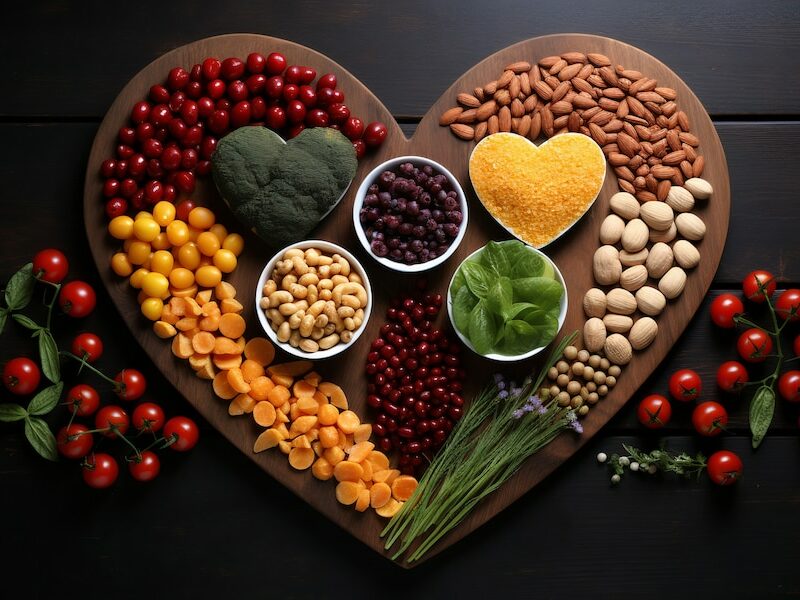
Always feeling tired? It could be because you are now not getting sufficient iron. This mineral facilitates your body to make red blood cells, which bring oxygen everywhere. If you do not have sufficient iron, you will possibly feel tired, vulnerable, or out of breath. Foods like meat, chicken, and fish have quite a few iron. If you are a vegetarian, you may get iron from beans, lentils, cereals with delivered iron, and dark leafy greens like spinach. Eating ingredients with vitamin C, like oranges or bell peppers, can help your body absorb iron better.
3. Magnesium
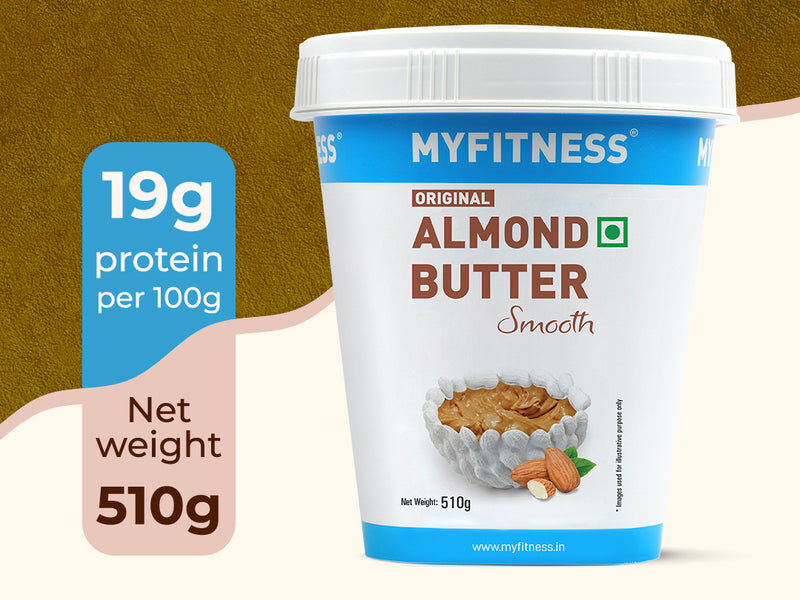
Magnesium is like a natural kickback pill, assisting you sleep better, calming tension, and relaxing tight muscular tissues. It additionally enables you to keep your blood sugar and blood pressure in check and gives you power. Nuts, seeds, avocados, and complete grains contain magnesium. Have a handful of almonds as a snack or a spoon of nut butter or you can also include pumpkin seeds in your salad for a magnesium boost.
4. Potassium
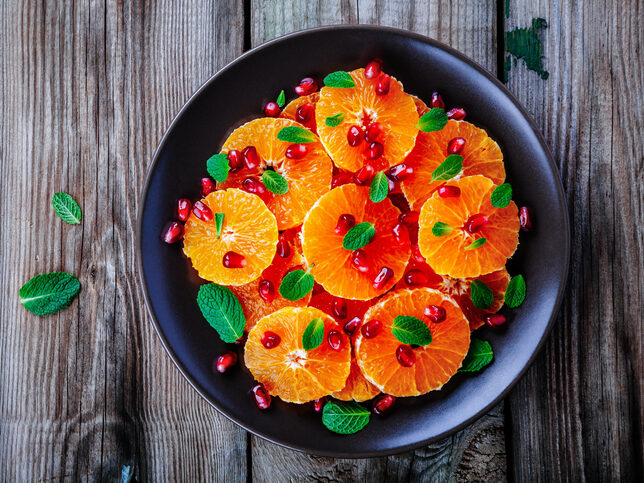
Potassium is like a helper for your body’s fluid stability and keeps your blood pressure in check by working together with sodium. It also helps your muscles and nerves function. If you’re getting muscle cramps or experiencing irregular heartbeat, you may be low in potassium. Luckily, there are yummy ingredients packed with this mineral. Bananas, oranges, and cantaloupes are full of potassium. Try including a baked candy potato in your meal or snack on a few dried fruits to get extra potassium.
5. Sodium
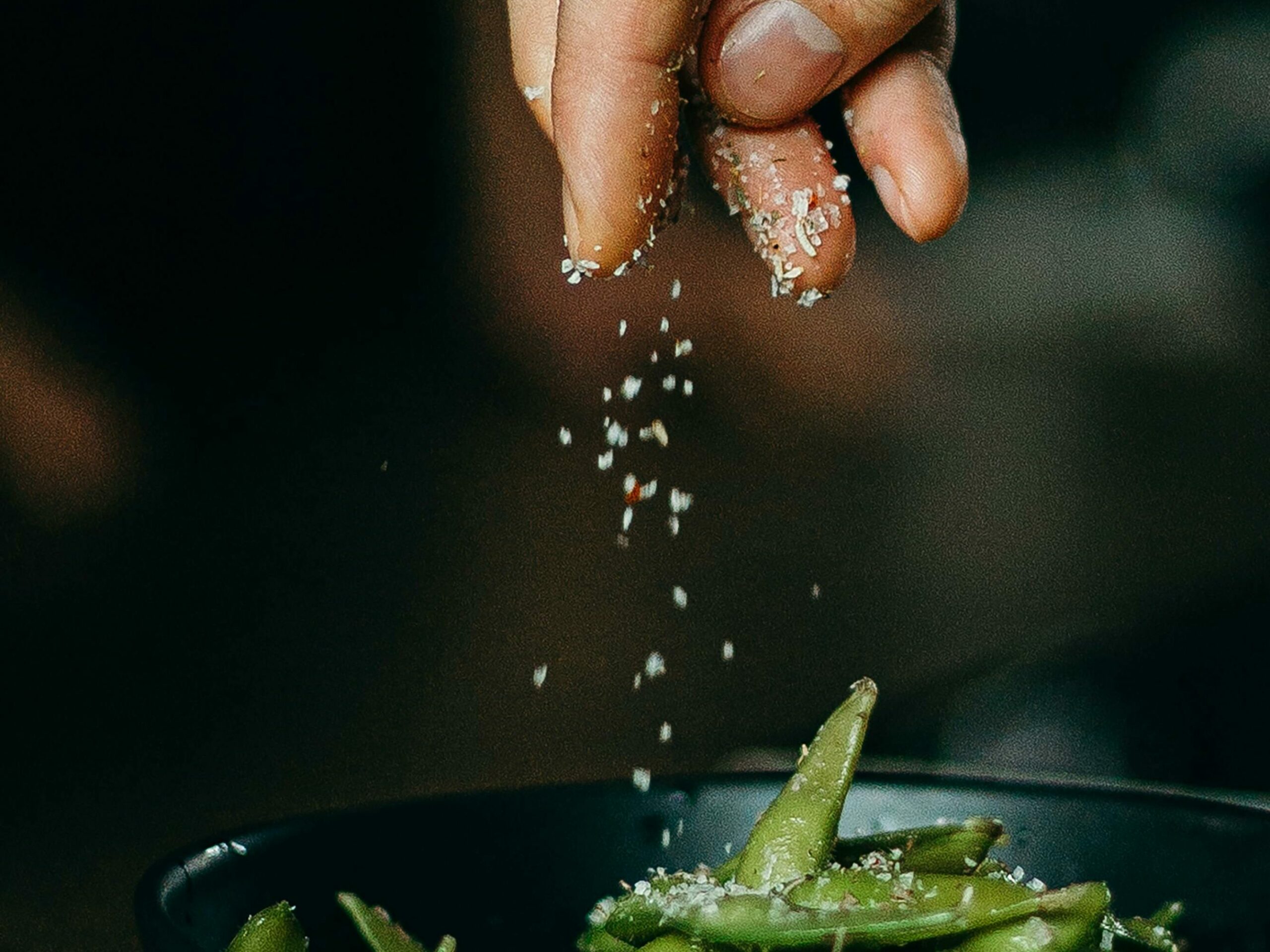
Sodium receives a horrific rap, however it is certainly an important mineral. It helps regulate blood stress, fluid stability, and nerve transmission. However, an excessive amount of sodium can contribute to excessive blood stress. The secret is moderation. Aim for natural assets of sodium like sea salt and celery rather than processed meals loaded with introduced sodium.
6. Iodine

Iodine is critical for wholesome brain function and development. It supports cognitive function, memory, and hormone generation. Iodine deficiency can lead to fatigue, mind fog, or even low cognitive function. Seafoods like tuna, cod, and shrimp are good sources of Iodine. You also get iodine from dairy merchandise and iodized salt.
7. Phosphorus

Phosphorus is like a sidekick to calcium, assisting to construct and keep your bones and teeth sturdy. It also facilitates energy production, cell function and recovery of your muscle groups to get better after a workout. Dairy products, meat, fowl, fish, nuts, seeds, and whole grains contain a good amount of Phosphorus.
8. Zinc

Zinc is an important ingredient that supports building a strong immune system. It helps to avoid infection and promote the healing of wounds. It helps in cell growth, and hormone regulation and maintains a good sense of taste and smell. Shellfish like oysters and crab are excellent sources, and meat, poultry, beans, lentils, and nuts also contain zinc. Vegetarians and vegans can boost zinc absorption by pairing zinc-rich foods with vitamin C sources like citrus fruits or bell peppers.
9. Copper
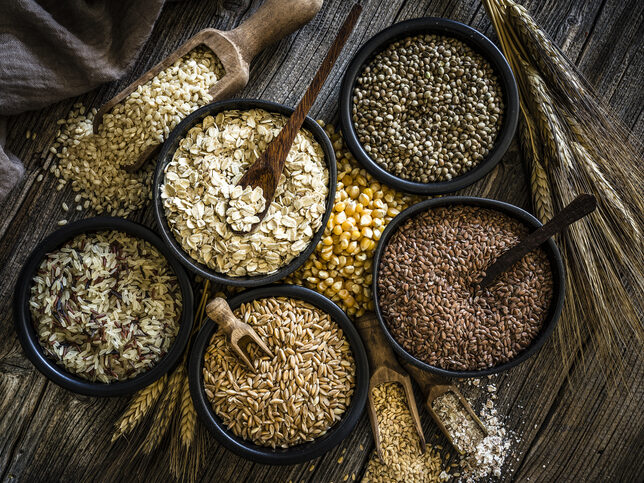
Copper along with iron helps our body to produce red blood cells that carry oxygen throughout our body. It also assists in brain performance and is very beneficial for your immune system. If you have difficulty getting enough sleep or have joint pain, your body probably should have more copper content. Organ meats like liver are a concentrated source of copper, but lean meats, seafood, nuts, seeds, and whole grains also contain this important mineral.
10. Selenium
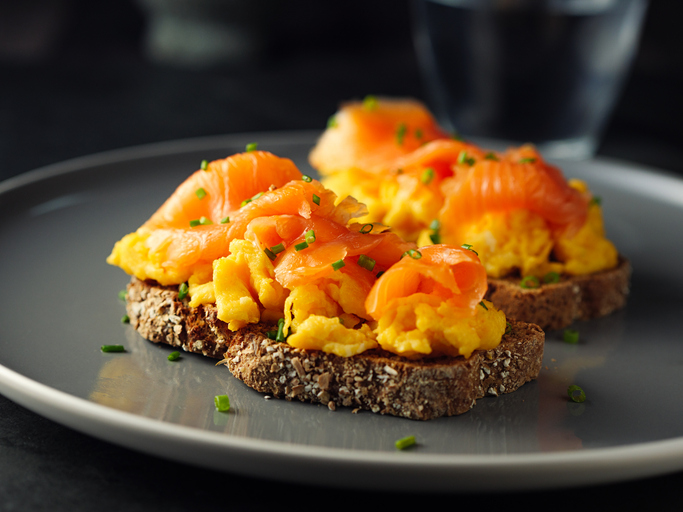
Selenium is a valuable mineral for your cells, fighting against the damage. It, additionally, makes your thyroid gland healthy and strengthens your immune system as well. Brazil Nuts are just packed with Selenium. The best sources of selenium are organ meats, seafood and other fish, poultry, eggs, whole grains, and sunflower seeds.
Conclusion
Always remember to include these important minerals daily in your meals to maintain your energy levels and overall well-being. Select a balanced everyday plate that includes leafy vegetables, nuts, whole grains and lean proteins. Leave behind your sluggishness and embrace a vibrant life fueled by the power of minerals.
Frequently Asked Questions
What are the 7 minerals your body needs daily?
They include calcium, phosphorus, magnesium, sodium, potassium, chloride and sulfur. You only need small amounts of trace minerals
What mineral is essential to include in your diet Why?
Your body needs certain minerals to build strong bones and teeth and turn the food you eat into energy. As with vitamins, a healthy balanced diet should provide all the minerals your body needs to work properly. Essential minerals include calcium, iron and potassium.
How many essential minerals do we need in our daily diet?
There are 13 essential vitamins and 21 essential minerals to maintain health, meaning we must get these from our diets. Other nutrients can be made in-house from these and other substances, but these are the ones we absolutely must consume in certain quantities to stay healthy.

